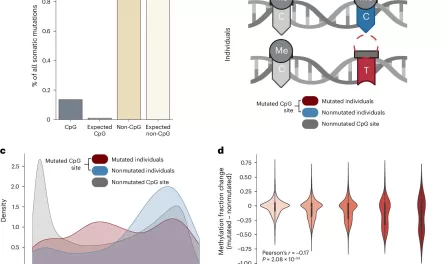A recent global study underscores the dire impact of metabolic-related risk factors such as high blood pressure, high blood sugar, and elevated body mass index (BMI) on health and mortality rates worldwide.
The findings, presented in the latest edition of The Lancet by the Global Burden of Diseases, Injuries, and Risk Factors Study (GBD) 2021, provide an in-depth analysis of the health outcomes linked to 88 risk factors across 204 countries and territories from 1990 to 2021.
From 2000 to 2021, researchers observed a significant rise in individuals affected by metabolic risk factors, including high systolic blood pressure (SBP), elevated fasting plasma glucose (FPG), high BMI, high levels of LDL cholesterol (commonly known as “bad” cholesterol), and kidney dysfunction. This surge has resulted in a 49.4 percent increase in global disability-adjusted life years (DALYs), which measure the lost years of healthy life due to poor health and early death. The study attributes these trends to an aging global population and changing lifestyles.
In addition to metabolic factors, the study identifies particulate matter air pollution, smoking, low birth weight, and short gestation as major contributors to DALYs in 2021.
“Risk factors that currently lead to ill health, such as obesity and other components of metabolic syndrome, exposure to ambient particulate matter air pollution, and tobacco use, must be addressed via a combination of global health policy efforts and exposure reduction to mitigate health risks and improve population health,” stated Dr. Emmanuela Gakidou, Professor of Health Metrics Sciences at the Institute for Health Metrics and Evaluation (IHME) at the University of Washington (UW) in the US.
Despite these concerning trends, the study highlights substantial progress from 2000 to 2021 in reducing the global disease burden related to maternal and child health risks, unsafe water, sanitation, and handwashing practices, as well as household air pollution from cooking with solid fuels.
Dr. Greg Roth, Director of the Program in Cardiovascular Health Metrics at IHME, emphasized the “urgent need for interventions focused on obesity and metabolic syndromes” to address these growing health challenges.
The GBD 2021 study calls for coordinated global health policy efforts and strategies to reduce exposure to these risk factors, aiming to improve overall population health and mitigate the long-term impact of these metabolic risks.












